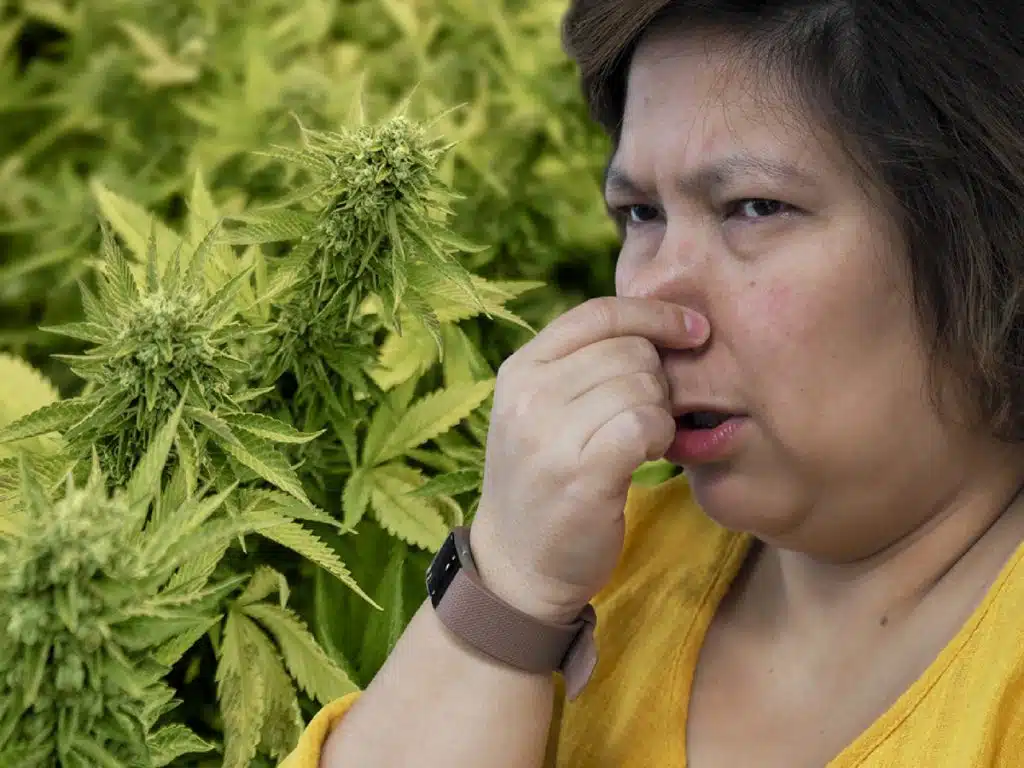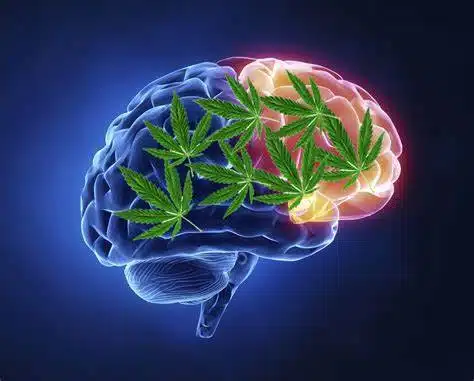Weed & Multiple Sclerosis (MS)

Weed & Multiple Sclerosis (MS)
Although medical cannabis is legal in Canada, it is not commonly used as a treatment for multiple sclerosis (MS). However, more research on the subject is being published every day. This article covers the use of cannabis to treat MS symptoms, how to use it safely, and the evidence behind its efficacy. This article reviews the evidence and discusses potential effects of medical cannabinoids in treating symptoms of multiple sclerosis and other neuro autoimmune diseases.
What is MS?
MS is a debilitating neurological condition that can cause a wide range of symptoms, including muscle weakness, vision problems, and fatigue. Although there is no cure for MS, there are treatments available that can help manage the symptoms and improve quality of life.
Multiple sclerosis is an autoimmune disease that affects the central nervous system (CNS). The symptoms of MS can vary from person to person, but most people experience some combination of physical, cognitive, and emotional symptoms. The most common symptoms of MS are fatigue, problems with balance, vision, or other senses, brain fog, and increased sensitivity to pain. Other symptoms include muscle spasms, pain, and twinges that may feel like a nerve pain or migraines.
What are the symptoms of MS?
MS symptoms vary from person to person, so not everyone with the condition experiences the same symptoms. Additionally, not all people with MS experience all symptoms.
Cannabis has been shown to be effective in treating the symptoms of multiple sclerosis, including sensory issues, muscle spasms, and cognitive and emotional problems. Cannabis can also help with sexual dysfunction and urinary tract issues associated with MS.
How can medical cannabis treat MS?
The endocannabinoid system is responsible for a variety of crucial functions, including motor control, mood, pain, and gut motility. Research suggests that cannabis may be able to influence endocannabinoid levels, which could in turn have an effect on the central nervous system. Some of the cannabinoids found in cannabis (such as CBD and THC) are currently being investigated for their potential therapeutic use in slowing the progression of multiple sclerosis. Studies have looked at the impact of cannabis on certain MS symptoms, and findings have shown that people with MS who use cannabis may experience less pain, less fatigue, and improved sleep quality. Another study found that cannabis use may reduce spasticity, a common symptom of MS.
Benefits of using medical cannabis to treat MS
The use of medical cannabis has been shown to provide numerous benefits for those suffering from MS, including reduced fatigue, improved sleep and reduced pain. While there are some potential side effects, the vast majority of patients report significant improvements in their quality of life.
Side effects of using medical cannabis
Cannabis use can cause different side effects depending on factors like age, sex, and health condition. For example, people with asthma should be cautious because marijuana smoke contains THC, which can worsen their condition. It’s important to remember that the severity of side effects is related to how much cannabis is used. Therefore, using small amounts infrequently is unlikely to cause serious problems.
As more and more evidence emerges, an increasing number of people with MS are turning to medical cannabis as a potential treatment for pain, nausea, and other symptoms. However, it is crucial to use cannabis safely and responsibly. Patients should never drive or operate heavy machinery while under the influence, and they should always obtain products from a reliable source. Additionally, it is important to keep in mind that medical cannabis is not a cure for MS, but rather a way to manage symptoms. Therefore, it is not recommended for people with MS who are experiencing symptoms unrelated to pain, fatigue, or spasticity. If you are interested in learning more about using medical cannabis to treat MS symptoms, speak with your MS doctor or pharmacist. They can provide you with more information and help you select the best product for your needs.
Challenges in research on cannabis
Researchers have faced some major challenges while examining cannabis use in MS.
Firstly, researchers need access to cannabis. Research in cannabis requires a standardized cannabis product that has undergone sufficient quality control testing. Pharmaceutically manufactured formulations of cannabis (Sativex®, Marinol®, and Cesamet®) that are commonly used in research to examine safety and efficacy in managing symptoms in MS are not the same as botanical cannabis preparations (smoked, inhaled, edible). Pharmaceutical formulations have undergone clinical trials and meet Health Canada marketing requirements for safety and efficacy. The side effects associated with non-pharmaceutical formulations of cannabis are a concern to healthcare providers as botanical cannabis products will vary in concentration and proportion of cannabinoids. In addition, botanical cannabis production is not standardized so there are inconsistencies between cannabis products sold at dispensaries.
Secondly, there are a range of options available for administering cannabis (smoked, edible, nasal spray, etc.). Examining the safety and efficacy of the range of cannabis strains and the multiple administration options is a major undertaking.
Finally, research on cannabis requires standardized, methodological innovations. Credible placebos (mock drug) need to be developed for clinical trials and screening tools and outcome measures need to be standardized to enable comparisons between studies.
Due to these challenges in studying the safety and efficacy of cannabis in MS, much of the research that has been performed in the field has shown mixed results.
Unanswered questions on cannabis and MS
Many questions remain unanswered and require further investigation into cannabis and MS, including:
- Which symptoms are best treated with cannabis?
- Which type of cannabinoid is best for treating symptoms of MS?
- Does the dosage and route of administration (smoking, nasal spray, edible, etc.) change the efficacy of the cannabis in managing MS symptoms?
- Do the negative effects of cannabis use continue even after stopping?
- Does cannabis use interact with other disease-modifying therapies?
More rigorously designed clinical trials are needed to address these research questions in MS.
Conclusion
If you are interested in cannabis and THC products, check out Ganja West online dispensary at ganjawest.co!












